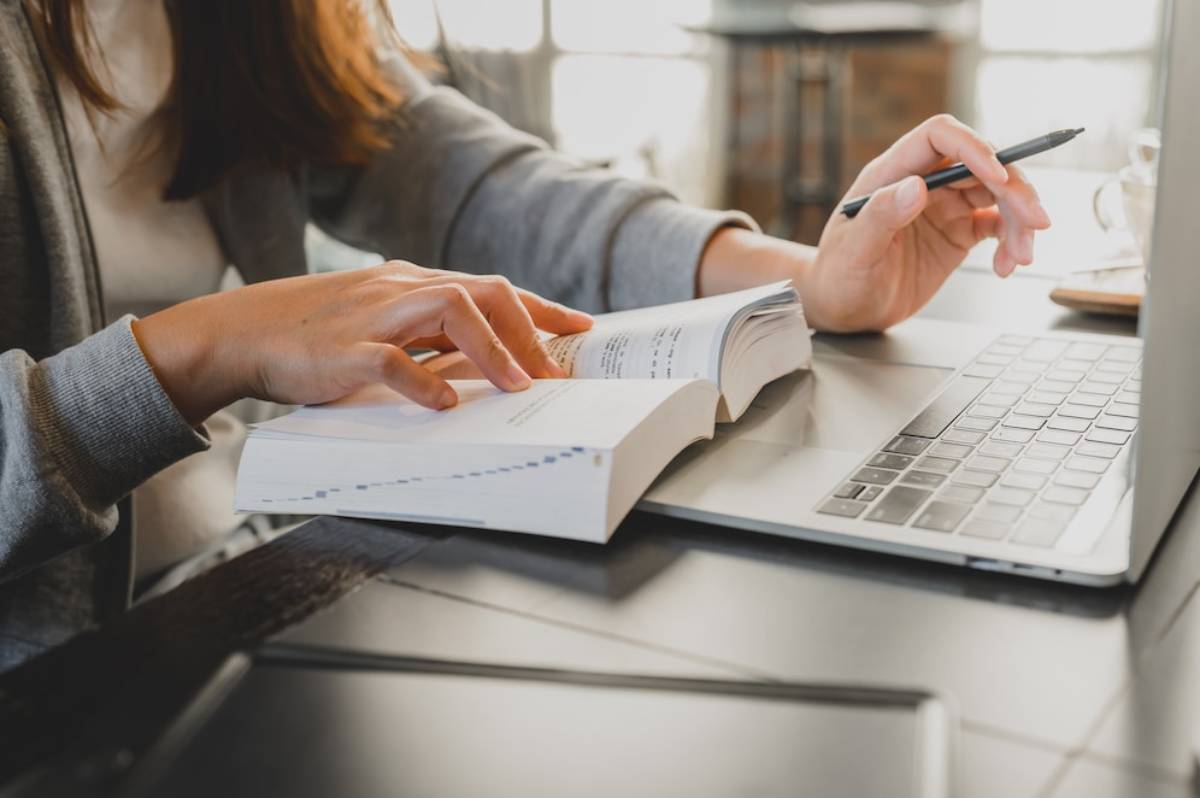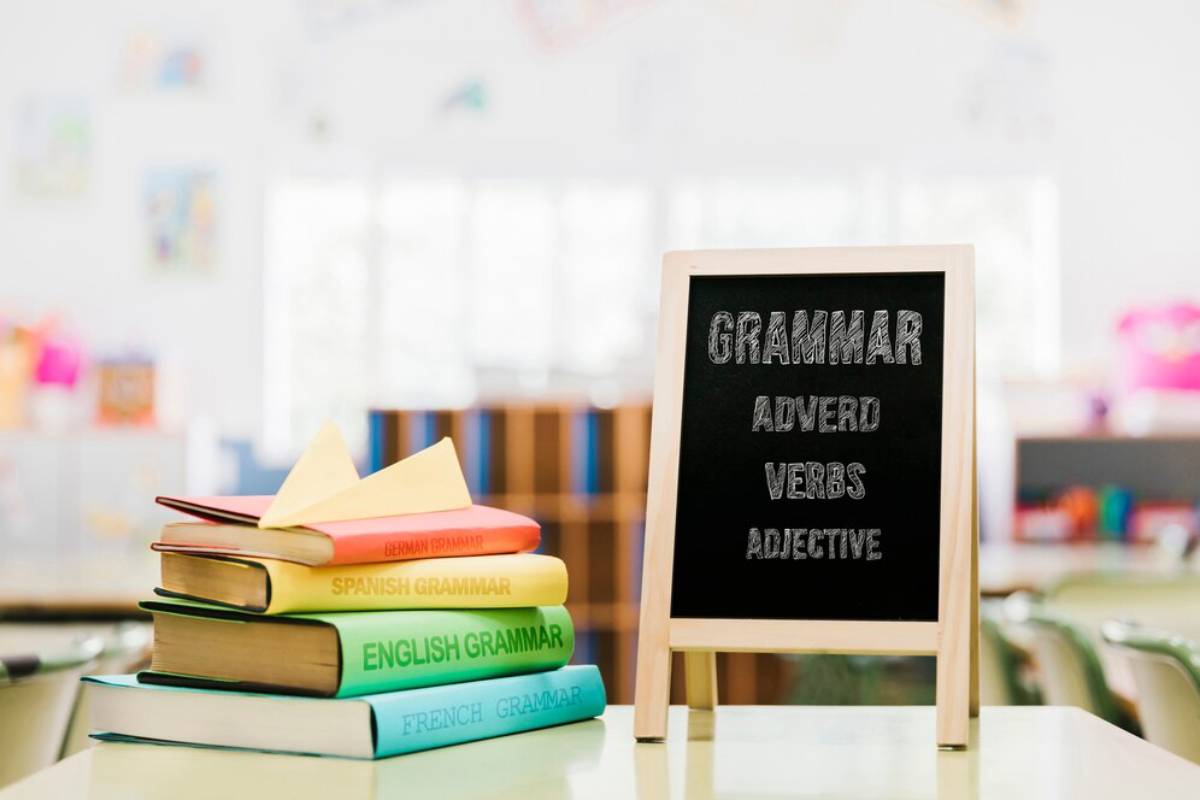
Building a Daily Language Habit in 15 Minutes
Let’s face it — we all want to learn a new language, but our schedules often get in the way. Between work, errands, and screen-time fatigue, carving out hours for study can feel impossible. But what if 15 minutes a day could actually work?
The truth is, daily language practice doesn’t need to be long to be effective. The secret lies in mini habit language learning — small, consistent actions that become automatic. Over time, they create momentum, confidence, and real progress. Think of it like brushing your teeth: quick, easy, and essential.
In this article, you’ll learn how to build a daily language routine that fits seamlessly into your lifestyle. You’ll discover quick wins, practical strategies, real-world examples, and apps that make it easier to show up every day — even on your busiest ones.
Whether you’re a beginner or brushing up your skills, 15 minutes a day is all you need to stay consistent and see results. Let’s explore how.
Why Mini Habits Work Better Than Big Goals
1. They’re Easy to Start
Starting a 2-hour grammar session can feel overwhelming. But reviewing flashcards for 3 minutes? Totally doable.
2. They Create Momentum
Tiny actions repeated daily compound into lasting fluency. Like drops filling a bucket, they add up.
3. They Reduce Resistance
Your brain sees short sessions as easy wins. You’ll feel successful — and want to keep going.
4. They Build Identity
When you practise daily, you stop saying “I’m learning Spanish” and start saying “I’m a Spanish learner.”
“I stopped trying to ‘study’ and just reviewed words for 10 minutes a day. After six months, I could speak confidently during my trip to Mexico.” – Jenna, UK-based Spanish learner
Build a 15-Minute Language Learning Routine

Pick a Time Slot You’ll Actually Stick To
- Morning coffee
- Lunch break
- Before bed
Attach it to an existing habit. For example: “After brushing my teeth, I’ll review 5 flashcards.”
Choose Your Core Activities
Divide your 15 minutes like this:
- 5 mins: Vocabulary review (e.g., flashcards, spaced repetition)
- 5 mins: Listening practice (podcast, YouTube clip)
- 5 mins: Speaking aloud (shadowing or scripted sentences)
Use Simple Tools
- Duolingo or Memrise for vocab
- Language Reactor with Netflix or YouTube
- Tandem for voice notes with partners
Track Your Habit
Use a tracker or journal to record:
- What you did
- How long have you practised
- One new word or phrase learned
Example Routines Based on Learning Goals
For Beginners
- Day 1: Learn 5 basic phrases + repeat aloud
- Day 2: Watch a children’s show in your target language
- Day 3: Label 5 items in your home with sticky notes
For Intermediate Learners
- Read one paragraph from an article and shadow aloud
- Write a daily journal entry in your target language
- Practice common conversation phrases from a phrasebook
For Advanced Speakers
- Watch a news clip and summarise it aloud
- Record yourself reading aloud and compare to native speakers
- Chat with a language partner using voice notes
Real-Life Mini Habit Success Stories
Theo’s Commute Habit
Theo, a software engineer, listens to a German podcast during his daily 15-minute walk to work. No textbooks, no pressure. After 4 months, he can follow casual conversations and respond naturally.
Laila’s Nightly Review
Laila, a busy parent, uses Anki flashcards for 10 minutes after putting her kids to bed. She shadows a short dialogue while brushing her teeth. She recently ordered dinner in fluent French on holiday.
“I thought I needed big study sessions. Turns out, 15 minutes was my sweet spot.” – Laila
Tools to Make Daily Practice Fun and Easy
Flashcard Tools
- Anki (customisable, spaced repetition)
- Quizlet (visual aids, audio)
Listening Practice
- News in Slow [Language]
- Coffee Break Languages
- LingQ (import content and listen + read)
Speaking Practice
- Elsa Speak (AI feedback)
- Speechling (coach audio review)
- HelloTalk / Tandem (voice message exchanges)
Habit Tracking
- Streaks app
- Language log in a bullet journal
- Habitica (gamified practice)
Stay Motivated for the Long Haul
1. Track Your Streak
Even a 3-day streak gives you something to protect. Duolingo, Memrise, and Anki all do this well.
2. Set Tiny, Clear Goals
Instead of “speak better,” try “record a 30-second intro about myself this week.”
3. Join a Community
- Reddit’s r/languagelearning
- Instagram or YouTube language challenges
- Discord language servers
4. Reflect Weekly
Ask yourself:
- What went well?
- What did I learn?
- What’s my next 15-minute focus?
Pitfalls to Avoid When Using Mini Habits
Expecting Instant Results
Don’t confuse simplicity with ineffectiveness. Mini routines work over time, not overnight.
Skipping Speaking Practice
Even if it feels awkward, speak out loud daily. Fluency comes from speaking, not just passive input.
Using Only One Skill
Rotate through listening, speaking, reading, and writing for balanced progress.
Dropping the Habit After a Missed Day
Miss one day? It’s okay. Just start again tomorrow — the habit isn’t broken.
Conclusion: 15 Minutes a Day Can Change Everything

You don’t need hours of free time or a perfect plan. What you need is consistency. A
speedy language learning routine of just 15 minutes a day can make you a confident speaker, one small step at a time.
Whether you’re learning Japanese, Spanish, or Swahili, your brain thrives on repetition. Make it easy, make it daily, and make it fun. With mini habits, language learning becomes less of a task and more of a lifestyle.
So, what’s your 15-minute habit today? Try one of the routines above, and let your streak begin. Share your go-to routine in the comments and inspire another learner!


